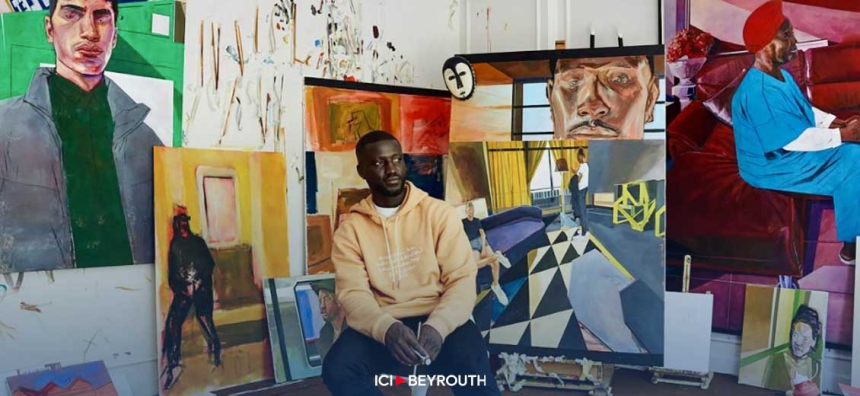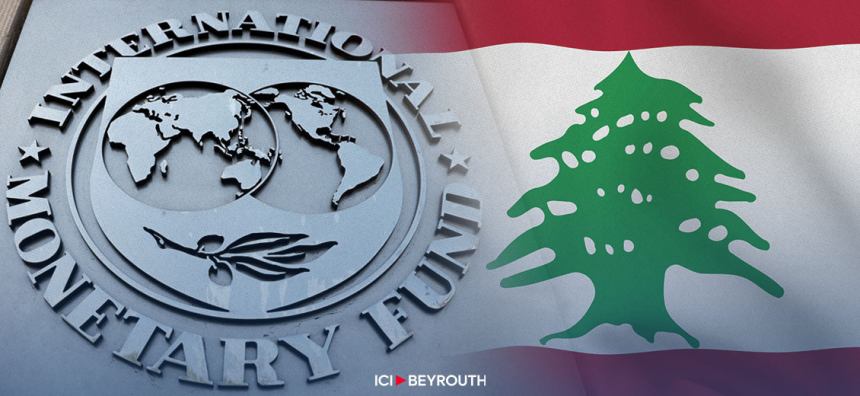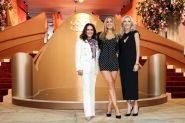On September 22, 2024, Lebanese and French participants gathered in Sanary-sur-Mer to plant two symbolic shrubs—an olive tree and a cedar from Lebanon—as a sign of peace and unity. This event, organized by the Mon Liban d’Azur association, brought together the mayor of the town, Daniel Alsters, various elected officials, and Father Hani Tawk, founder of Mariam's kitchen.
Situated by the Mediterranean and nestled in the heart of Provence, Sanary-sur-Mer hosted this gathering within the enchanting setting of the Olive Garden, a cultural and heritage site. Attendees included Mayor Daniel Alsters, the Mayor of Ollioules Robert Beneventi, and Laetitia Quilici, Vice President of the Var department. Also present were Géraldine Ghostine, President of Mon Liban d’Azur, representatives from Saint Jean Cap Ferrat, Father Hani Tawk and his wife Dounia, Chef Jean Haidar and his son Anthony, committed Chef Sébastien Richard, along with many guests from Marseille, Nice, and the Var. They united to plant a cedar and an olive tree from Lebanon in a symbolic initiative aimed at strengthening and perpetuating the ties between the two shores of the Mediterranean while spreading a message of peace.
In 2003, Sanary-sur-Mer acquired an agricultural plot in the hinterland to preserve and enhance its rural heritage. Jean-Luc Granet, deputy mayor in charge of the environment, created the Olive Garden, a site emblematic of the Mediterranean trilogy: wheat, vine, and olive. Under the management of Mathilde Berthier, this site offers visitors the chance to discover and participate in the traditional harvesting and processing of local products.
In his welcoming speech, Mayor Daniel Alsters reminisced that the olive tree, a Mediterranean emblem traditionally cultivated alongside vine and wheat, represents the quintessential landscape of Provence. He expressed his attachment to this intimate ceremony, symbolizing the rapprochement between Lebanon and France. The Mayor of Ollioules emphasized that in the current context, symbols of peace and brotherhood were more necessary than ever. He also highlighted the significance of the Mediterranean site and the olive tree as symbols of peace and unity. Géraldine Ghostine, President of Mon Liban d’Azur, emphasized the symbolic importance of this beautiful initiative. She noted that this day coincided with the days of heritage and peace, marking the first time a cedar and an olive tree, brought by Father Hani, were planted in the Var, making Sanary-sur-Mer the eighth municipality to cement the link between Lebanon and the Provence-Alpes-Côte d’Azur region. Father Hani emphasized his commitment to fostering the friendship between Lebanon and France. “This little cedar,” he said, “comes from the Cedar Forest of God in Lebanon located at over 2000 meters above sea level and is derived from a cedar over 4000 years old.” Founder of Mariam's kitchen, Father Hani discussed his mission as a peacemaker.
On the terraces where olives, immortelles, rosemary, and almond flowers grow, participants gathered for the solemn planting of the cedar and olive tree, a moment that cemented the bonds of friendship between the two countries. Ghada Reverdi, a member of Mon Liban d’Azur and a Sanary-sur-Mer resident, initiated this project to establish a cultural and heritage partnership between Lebanon and the city of Sanary. This French-Lebanese teacher has also developed an educational project focused on the Mediterranean trilogy implemented at the Olive Garden.
In this idyllic setting, between sea and hills, guests enjoyed Lebanese appetizers prepared by Chef Jean Haidar and his son Anthony from Le Cèdre restaurant in Nice. Thyme, cheese, and kichk pancakes, made with ingredients from Lebanon by the Olive Garden team, were served alongside wine from the plains of the Bekaa.
[gallery link="none" size="large" ids="296489,296488,296487,296486"]
Read more





Comments